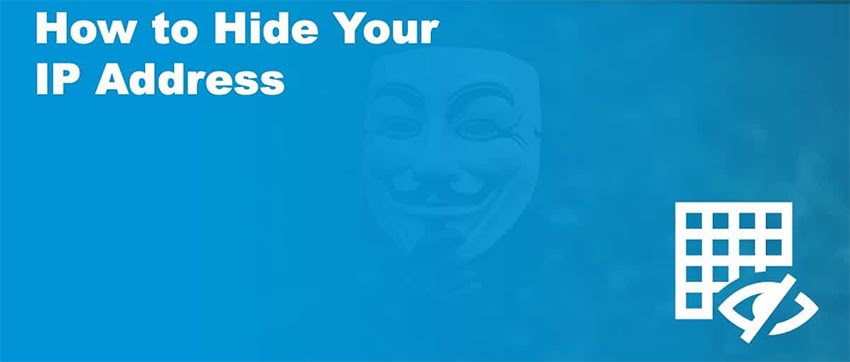How to Hide Your IP Address: We often receive questions from readers asking how to hide their IP addresses. In this guide, you’ll learn multiple methods—both free and paid—that you can use to protect your IP and maintain your privacy online. Choose the option that best suits your needs.
What Is an IP Address?
IP stands for Internet Protocol—a system that governs how data is transferred between your device and the internet. Think of your IP address as the digital equivalent of a home address. It helps websites and services identify where to send the information you’re requesting. Just like every house has a unique address, your internet connection has a unique IP address. Whenever you visit a website, your IP reveals the origin of the request, allowing the site to deliver the content to your specific device. Because your IP is tied to your network, it also becomes a digital identifier. Your Internet Service Provider (ISP) can link your IP address to your personal information—including your name, address, and browsing activity. This means your online behavior can be monitored, tracked, and potentially logged.
Privacy Alert! Your data is exposed to the websites you visit! The information above can be used to track you, target you for ads, and monitor what you do online. We recommend ExpressVPN — the #1 VPN out of over 350 providers we've tested. It has military-grade encryption and privacy features that will ensure your digital security, plus — it's currently offering 48% off.


Why Should I Hide My IP Address?
There are several important reasons why people choose to hide their IP addresses. Whether for privacy, security, or accessing restricted content, masking your IP can give you more control over your online experience. Here are some of the most common motivations:
Maintain Online Privacy and Anonymity
Online privacy is more vulnerable than ever. You never really know who’s watching—whether it’s your internet service provider (ISP), third-party trackers, or even government agencies. In many cases, ISPs collect and store user data, and in some regions, they’re even allowed to share or sell it. By hiding your IP address, you make it much harder for anyone to trace your online activities back to you, helping ensure your browsing remains private and anonymous.
Conceal Your Geographic Location
Your IP address is directly linked to your physical location via your ISP. This can potentially expose your personal information, including your home address and other sensitive details. When you mask your IP address, you also mask your real location—adding an extra layer of protection against location-based tracking or profiling.
Access Geo-Restricted or Region-Locked Content
Many websites and streaming platforms restrict content based on geographic location. These services check your IP address to determine your country or region and block access if you’re outside the permitted zone. By changing your IP to one from a supported region, you can bypass these restrictions and gain access to content that’s otherwise unavailable in your area. Hiding your IP address isn’t just about privacy—it’s also a powerful tool for digital freedom. Next, we’ll explore the most effective ways to do it.
Best VPNS For Streaming Safely
1. ExpressVPN — Best VPN With the Fastest Speeds for Smooth Streaming
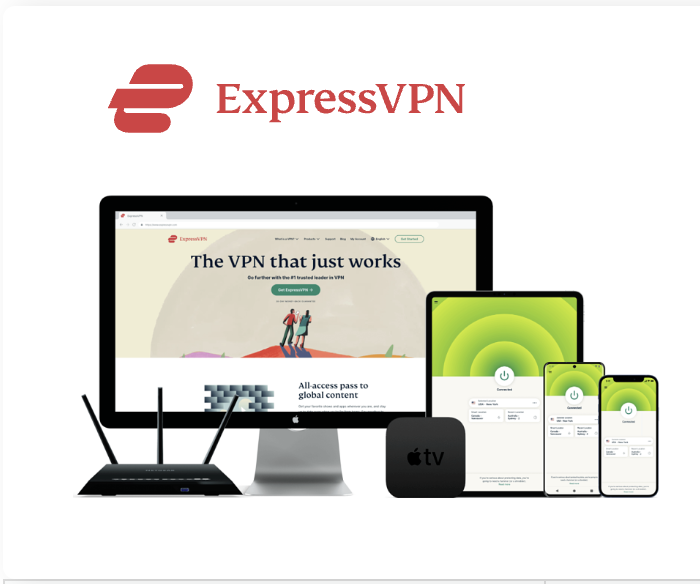
Best Feature
The fastest speeds we tested, ensuring you can stream, browse, game, and torrent without interruptions
Server Network
3,000 servers in 105 countries give you fast worldwide connections
Simultaneous Device Connections
Up to 8, so you can protect your compatible devices under one subscription
Works With
Netflix, Disney+, Amazon Prime Video, BBC iPlayer, (HBO) Max, Hulu, Vudu, DAZN, and more
2. NordVPN — Best VPN With the Fastest Speeds for Smooth Streaming
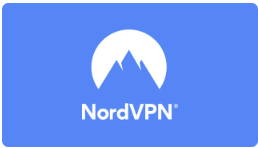
Best Feature
High security features and fast speeds for a reliable connection
Server Network
5,400 servers in 60 countries for improved accessibility and connection speeds
Simultaneous Device Connections
Up to 6 devices, suitable for protecting multiple devices simultaneously
Works With
Netflix, Disney+, Amazon Prime Video, BBC iPlayer, (HBO) Max, Hulu, Vudu, DAZN, and more
How to Hide Your IP Address
There are several effective ways to hide your IP address and browse the internet with a different one. Below are four methods, including both free and paid options. The first method is the most secure and highly recommended for most users, but you can choose the one that aligns best with your needs.
1. Use a VPN – Most Secure and Recommended
Using a VPN (Virtual Private Network) is the safest and most reliable way to mask your IP address. Top VPN providers implement advanced encryption protocols that protect your internet connection from cyber threats, data leaks, and unauthorized surveillance. A VPN works by encrypting all your data traffic and routing it through a remote server. This process hides your original IP and assigns you a new one from the selected server location—granting you complete online anonymity. Even your ISP can’t see your browsing activity when you’re connected to a VPN.
This makes VPNs perfect for:
- Streaming geo-restricted content privately
- Accessing censored websites
- Safeguarding torrenting
- Protecting your identity from surveillance
Among the many VPNs I’ve tested, ExpressVPN stands out for its unmatched speed and security. It offers over 3000 servers in 160 locations across 90+ countries, each with a unique IP address—giving you thousands of options to hide your real IP. To dive deeper, check out my ExpressVPN review for a closer look at its features.
2. Use a Proxy Server – Free but Limited
A proxy server is a simpler, lightweight alternative to a VPN. It also routes your web traffic through an external server, masking your original IP address. Most proxies, like hide.me, are free and web-based—meaning there’s no need to install anything. You simply visit the proxy website, select a server, and enter the URL of the site you want to visit.
However, proxies have limitations:
- They only tunnel traffic for specific websites, not your entire internet connection.
- They generally lack encryption, making them less secure.
- They’re prone to IP leaks and may log user activity.
- Free proxy servers often experience slow speeds due to overcrowding.
Unlike VPNs, proxy servers do not offer full privacy or security. They may help you access blocked content, but you remain vulnerable to tracking and data exposure. Plus, streaming platforms like Netflix frequently detect and block proxy IPs. If your goal is total anonymity and strong protection, especially during activities like streaming or torrenting, a VPN is a far better and safer choice.
3. TOR Network – Highly Secure but Slow and Risky
TOR, short for The Onion Router, is another tool designed to help users stay anonymous online. Just like an onion has multiple layers, TOR provides multi-layered encryption by routing your internet traffic through a series of volunteer-operated servers, known as nodes. When you use TOR, your data passes through several servers, which masks your original IP address and allows for anonymous browsing. While TOR offers excellent security and privacy, it comes with significant drawbacks. Because your traffic must travel through multiple servers, the connection speed decreases drastically. This often results in slow page loads, buffering during streaming, and lag.
Additionally, TOR has gained notoriety as a network favored by cybercriminals for illegal activities like drug trafficking and illicit sales. Although using TOR itself is legal in most countries, involvement—intentional or accidental—in unlawful activities can lead to serious trouble. Considering the balance between speed, privacy, and security, a VPN remains the preferred choice for most users looking to hide their IP addresses.
4. Use Public Wi-Fi – Convenient but Not Secure
Another way to browse anonymously without revealing your personal IP address is by connecting to public Wi-Fi networks available at places like airports, cafes, restaurants, and retail stores. Since you’re using someone else’s internet connection, your device’s actual IP address isn’t exposed. However, public Wi-Fi networks come with significant security risks. Hackers on the same network can intercept your data, potentially stealing personal information within minutes. Therefore, while public Wi-Fi may offer temporary anonymity, it is far from a secure or recommended method for protecting your online privacy.
5. Using Your Mobile Hotspot – Limited Anonymity and Slower Speeds
All smartphones come equipped with a Hotspot feature, which allows your phone to act as a Wi-Fi router by sharing its mobile data connection. Setting up a hotspot is generally simple, though the exact steps can vary depending on your device. If you’re unsure, a quick online search can guide you. Like any Wi-Fi network, your hotspot can connect multiple devices such as laptops, tablets, and other phones. This option is useful if you want to avoid using your home broadband Wi-Fi for specific tasks. However, using a hotspot does not truly hide your IP address — instead, you’re using the IP address assigned to your mobile network.
Keep in mind that this method offers very limited privacy. Your online activity is still linked to your mobile provider, who holds a significant amount of your personal data. Moreover, mobile networks typically lack the encryption found in broadband or Wi-Fi connections, leaving your devices vulnerable. Additionally, mobile data speeds are often slower and less stable than broadband.
6. Changing Your IP Address Manually – Complex and Impractical
Another method to hide your IP address is to manually change the IP assigned to your internet connection. This process varies depending on whether you’re using a wired or wireless connection and differs across devices. Changing your IP address can be technical and time-consuming. Usually, it requires turning off your modem for an extended period—often several hours—before a new IP is assigned. If you power it back on too soon, you’ll likely retain your original IP and have to repeat the process. Because of these challenges, this method isn’t very practical or user-friendly. If you still want to proceed, you’ll need to look up device-specific instructions via a search engine.
Best VPN deals this week:
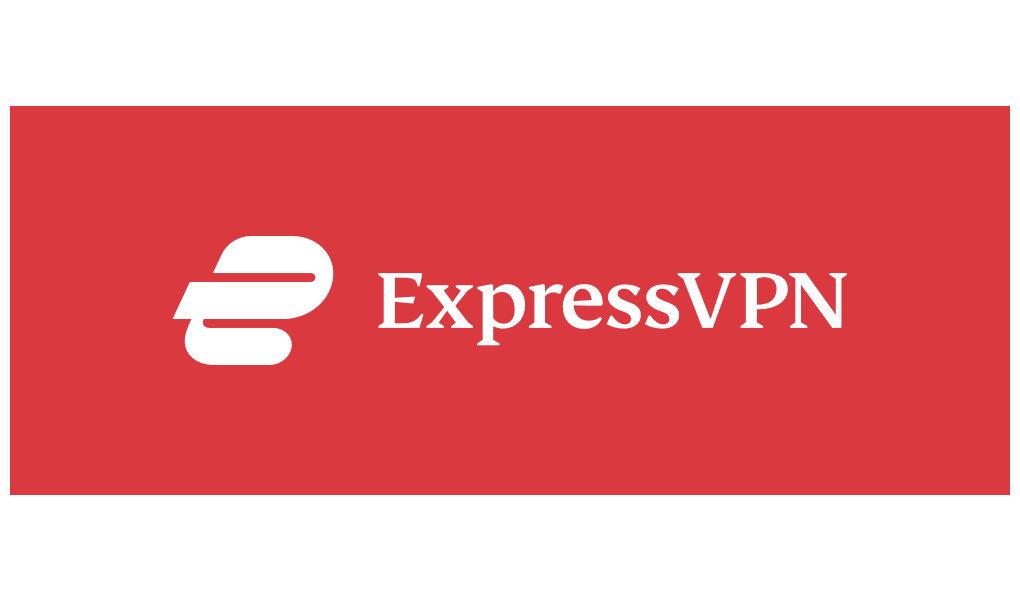
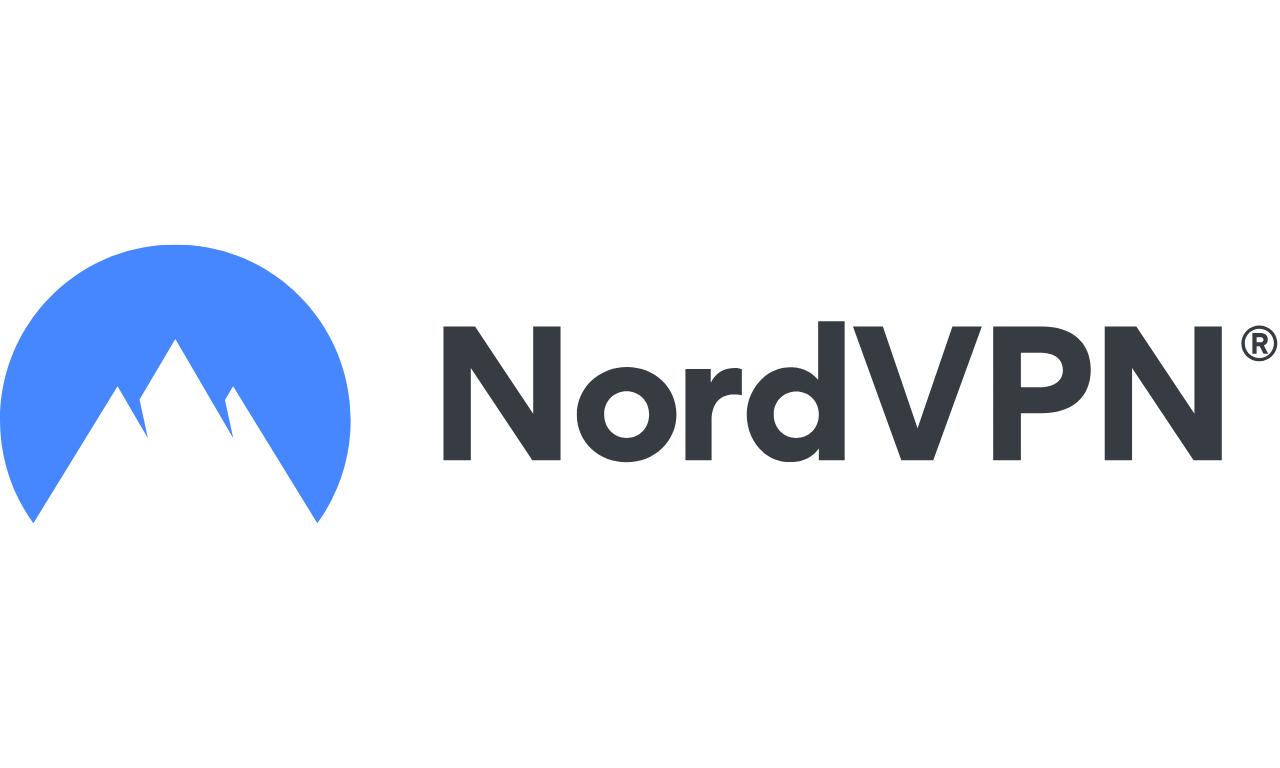
What About Free VPN Services?
A common question is whether free VPNs are a viable way to hide your IP address. To borrow a familiar phrase: “If it’s free, you are the product.” There are many free VPNs available, some of which appear professional and trustworthy at first glance. But when it comes to security and privacy, free VPNs often fall short. Running VPN servers requires significant resources and costs. Free VPN providers need to make money somehow. Many rely on intrusive ads to generate revenue, which can be annoying but usually harmless.
Unfortunately, some free VPNs have been caught sneaking malware or adware into their apps—posing serious security risks. Even worse, several free VPNs have been reported to sell users’ personal data to third parties, violating privacy. Unlike paid VPNs, which typically enforce strict no-log policies, free VPNs often log your activity and information. For these reasons, free VPNs are generally not a safe or reliable option to hide your IP address. Personally, I prefer to invest in well-known, paid VPNs like ExpressVPN, which offer strong privacy protections and performance.
Final Thoughts
That covers the main ways to hide your IP address and why you might want to do so. For comprehensive protection and a nearly foolproof method to conceal your IP, a reputable VPN is the best choice. VPNs provide strong security and excellent speeds, often allowing multiple devices to connect simultaneously under one subscription. This guide aims to help even non-technical users understand their options. Feel free to share your thoughts or questions in the comments below!
Frequently Asked Questions
How secure is using a mobile hotspot for hiding my IP address?
Using a mobile hotspot does not fully hide your IP address since it uses your mobile network’s IP. While it allows you to connect multiple devices, it offers limited anonymity and lacks encryption, making your activities traceable to your mobile provider and potentially vulnerable to hackers.
Can I manually change my IP address to stay anonymous online?
Yes, you can manually change your IP address by resetting your modem or router, but the process is often complicated, time-consuming, and varies by device. It may require keeping your modem off for hours and doesn’t guarantee a new IP immediately, making it an impractical solution for most users.
Are free VPN services safe to use for hiding my IP?
Free VPNs often come with significant risks such as data logging, selling personal information, and sometimes containing malware or adware. While they might appear convenient, they typically lack robust security and privacy protections compared to paid VPN services.
How do VPNs protect my IP address better than proxies?
VPNs encrypt all your internet traffic and mask your IP address across all activities on your device, while proxies only reroute specific traffic and usually don’t offer encryption. This makes VPNs a much safer and more comprehensive option for protecting your online privacy.
What are the drawbacks of using TOR to hide my IP address?
While TOR provides strong anonymity by routing your traffic through multiple servers, it significantly slows down your internet speed and has been associated with illegal activities. This can result in slow browsing and potential legal scrutiny if you inadvertently access illicit content.
Why is a VPN considered the best method to hide my IP address?
VPNs offer a combination of strong encryption, reliable connection speeds, and the ability to mask your IP across all online activities. They also provide additional features like IP leak protection and strict no-log policies, making them the most secure and practical choice for online anonymity.
Best VPNs for Streaming — Final Score:
Rank
Provider
Overall Score
Best Deal
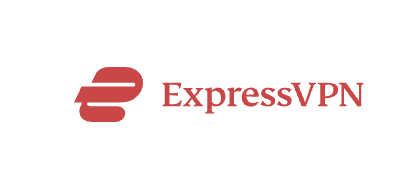
9.8
★★★★★
save 84%
VISIT WEBSITE >

9.6
★★★★★
save 83%
VISIT WEBSITE >
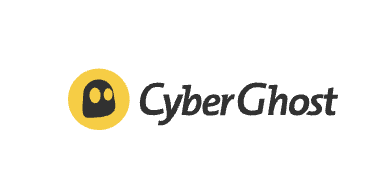
9.4
★★★★★
save 84%
VISIT WEBSITE >
